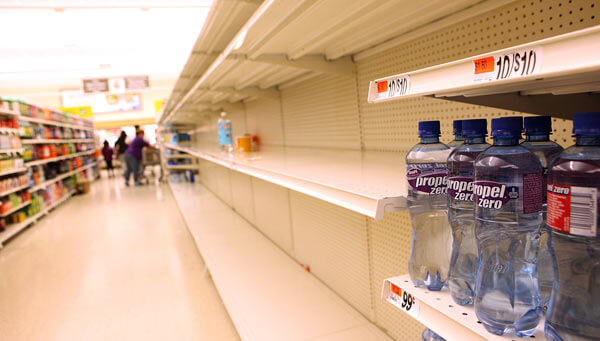By Phil Corso
The City Council passed a package of legislation Wednesday as a result of 12 Superstorm Sandy oversight hearings with the goal of making the city Office of Emergency Management more prepared to respond to emergencies.
The various bills go on to develop plans in several major areas, including food and water access, emergency shelter preparations, outreach to vulnerable populations, tracking individuals in special medical-needs shelters, traffic and fuel management and small business and non-profit organization recovery, a Council spokeswoman said.
Each portion of the package sought to address different areas deemed most vulnerable in the aftermath of Sandy.
The Food and Water Access bill will mandate the Office of Emergency Management to develop a plan with community-based organizations to make sure the public has access to food and water during emergencies, the Council said. The legislation said public, private and nonprofit groups will have clearly defined roles during emergencies when it comes to distributing resources.
The Sheltering legislation said the OEM will be required to anticipate the operation of emergency shelters for short, medium or long-term stays and to develop plans with community-based organizations to ensure facilities are prepared for long-term stays for victims of emergencies.
The Council also approved legislation requiring the OEM to develop a plan for tracking the location and medical needs of those entering and leaving special medical needs shelters and establish a process allowing those members to be connected with family or guardians.
Another piece of the legislation passed said the OEM must develop an outreach and recovery procedure to assist vulnerable and homebound residents before, during and after emergencies.
The traffic management portion of the legislation was written to keep the city’s transportation network functioning to the greatest extent possible during emergencies, requiring the city to develop a plan to install backup power capability to make sure roadways are usable and alternative transportation options are available.
The final aspects of the package included requirements to develop a plan to ensure fuel access and to keep small businesses and nonprofits afloat in the event of natural disasters.
Reach reporter Phil Corso by e-mail at pcorso@cnglocal.com or by phone at 718-260-4573.


































